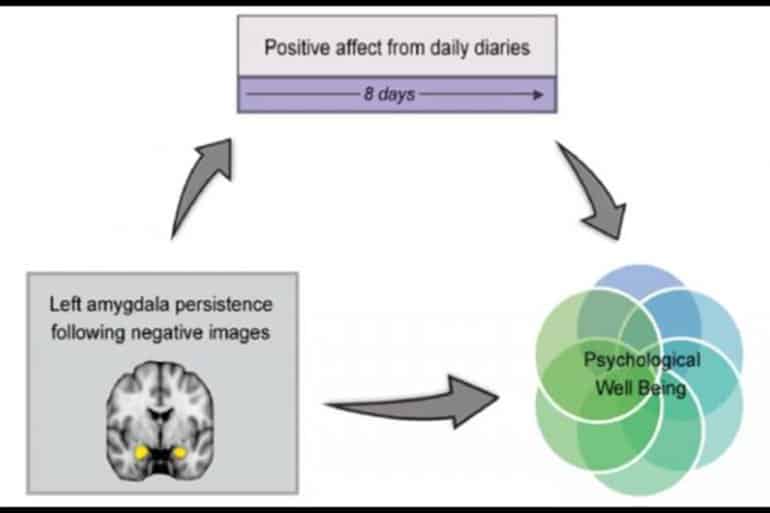With huge amounts of anxiety, depression and apathy after your stroke this testing would seem to be required post stroke.
These are all secondary problems after stroke. You wouldn't have to
treat for this if you had effective stroke rehab protocols leading to
100% recovery. Survivors have negative mood because their doctors and
therapists have no fucking clue how to get them recovered and survivors
pick that up.
Negative Mood Linked to Prolonged Amygdala Activity
Summary: A new study reveals activity in the amygdala remains consistent when a person views neutral stimuli following viewing negative stimuli. The persistent activity increased negative mood and decreased positive feelings.
Source: SfN
How the amygdala responds to viewing negative and subsequent neutral stimuli may impact our daily mood, according to new research published in Journal of Neuroscience.
The amygdala evaluates the environment to find potential threats. If a threat does appear, the amygdala can stay active and respond to new stimuli like they are threatening too.
This is helpful when you are in a dangerous situation, but less so when spilling your coffee in the morning keeps you on edge for the rest of the day.
In a recent study, Puccetti et al. examined data collected from the “Midlife in the US” longitudinal study. Participants completed a psychological wellbeing assessment and eight daily telephone interviews to assess their mood. They also came into the lab for an fMRI task: they viewed negative, positive, and neutral images with a picture of a neutral facial expression in between each image.

When the amygdala activated in a similar pattern as the participants viewed negative images and the neutral faces that followed, this persistent activity predicted increases in negative daily mood and decreases in positive daily mood. In turn, participants who experienced increased positive mood displayed greater psychological wellbeing.
These results suggest amygdala activity influences how a person feels day-to-day, which can impact overall psychological wellbeing.
About this neuroscience research mood
Source: SfN
Contact: Calli McMurray – SfN
Image: The image is credited to Puccetti et al., JNeurosci 2021
Original Research: Closed access.
“Linking Amygdala Persistence To Real-World Emotional Experience and Psychological Well-Being”
by Nikki A. Puccetti, Stacey M. Schaefer, Carien M. van Reekum, Anthony
D. Ong, David M. Almeida, Carol D. Ryff, Richard J. Davidson and Aaron
S. Heller. Journal of Neuroscience
No comments:
Post a Comment